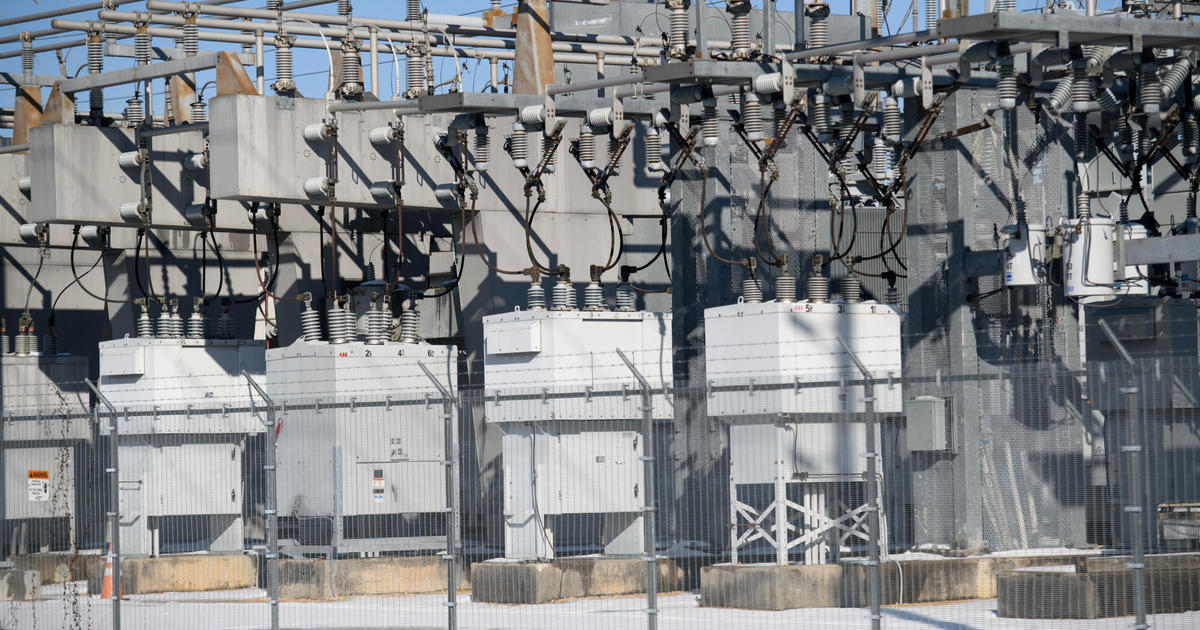Schwarzenegger Signs Bill Delaying Kindergarten Entry
SACRAMENTO (AP) -- California will require kids to be 5 years old when they start kindergarten and create a new grade level for pre-K children after Gov. Arnold Schwarzenegger signed legislation aimed at improving student achievement.
The bill approved late Thursday will push back the date by which children must turn 5 to enter kindergarten from Dec. 2 to Sept. 1. The change will be phased in one month at a time over three years starting in fall 2012.
"This is a victory for kids on two fronts," said state Sen. Simitian, D-Palo Alto, who authored Senate Bill 1381. "We start kids when they're ready to succeed in school, and for younger children we provide a 'get ready' year of instruction as well."
The estimated $700 million saved by delaying kindergarten for roughly 120,000 children annually will be used to pay for "transitional kindergarten," a new grade level for children with fall birthdays who will be too young to start regular kindergarten.
Parents of children born after Sept. 1 could still apply to have their kids start kindergarten early.
Gov. Schwarzenegger signed the Kindergarten Readiness Act despite opposition from some state lawmakers who supported raising the kindergarten age but rejected adding a new grade level when California faces severe financial problems.
"We had an opportunity to save $700 million in the general fund, but instead we create a whole new program," said Sen. Dave Cogdill, R-Modesto. "We need to be doing things that help the budget."
California currently has one of the latest cutoff dates in the country, which means about one-fourth of students are 4 years old when they start kindergarten. The majority of U.S. states require students to be 5 to enroll.
But studies show the youngest students in a class are most likely to struggle academically, be held back a grade or need special education services. Many teachers complain that their 4-year-old students are not ready for kindergarten, which has become more academically rigorous in recent years.
Raising the kindergarten age could lead to stronger academic performance, higher graduation rates and fewer students needing to repeat grades or take special ed classes, supporters say.
Transitional kindergarten will be taught by credentialed teachers and feature a modified kindergarten curriculum tailored to children born between Sept. 2 and Dec. 2. Like regular kindergarten, the new program will be optional, but school districts will be required to provide it. Several districts around the state already offer similar pre-K programs.
The new grade level was added to the legislation partly out of concern for parents who would otherwise need to pay for another year of childcare or preschool for their children, which could create financial hardship for low-income families.
Many wealthier families in California already hold their children back a year and pay for another year of preschool because they don't believe their kids are ready for kindergarten or want to give them an advantage, but that isn't an option for less well-off families.
"This is a critical reform of elementary school education," said Catherine Atkin, president of Preschool California, an advocacy group that backed the bill. "Study after study has shown that these younger kindergartners are the ones most likely to experience difficulty in schools. We know that when you give them an additional year of preparation it helps them become confident learners."
(© 2010 The Associated Press. All Rights Reserved. This material may not be published, broadcast, rewritten or redistributed.)







